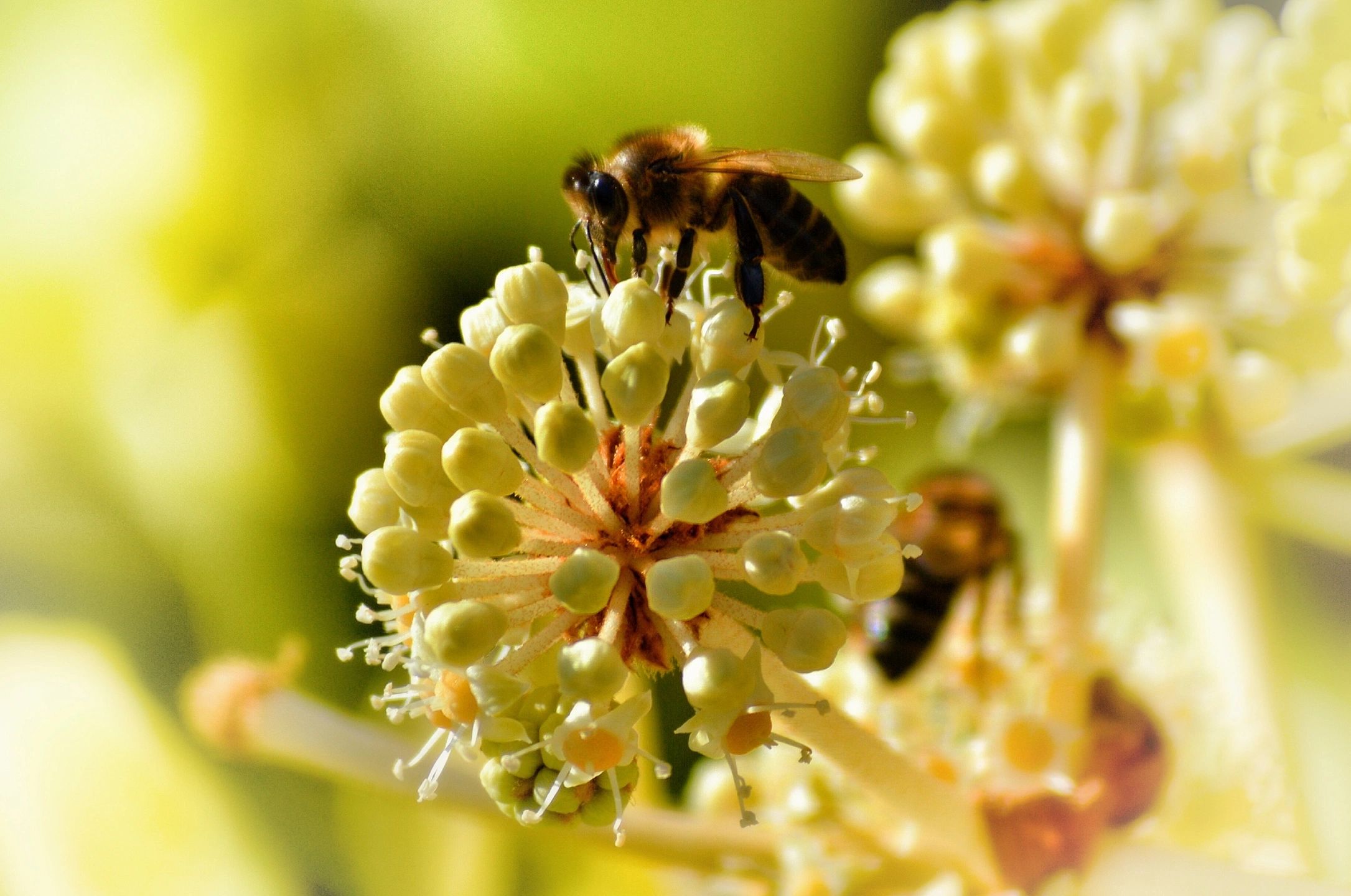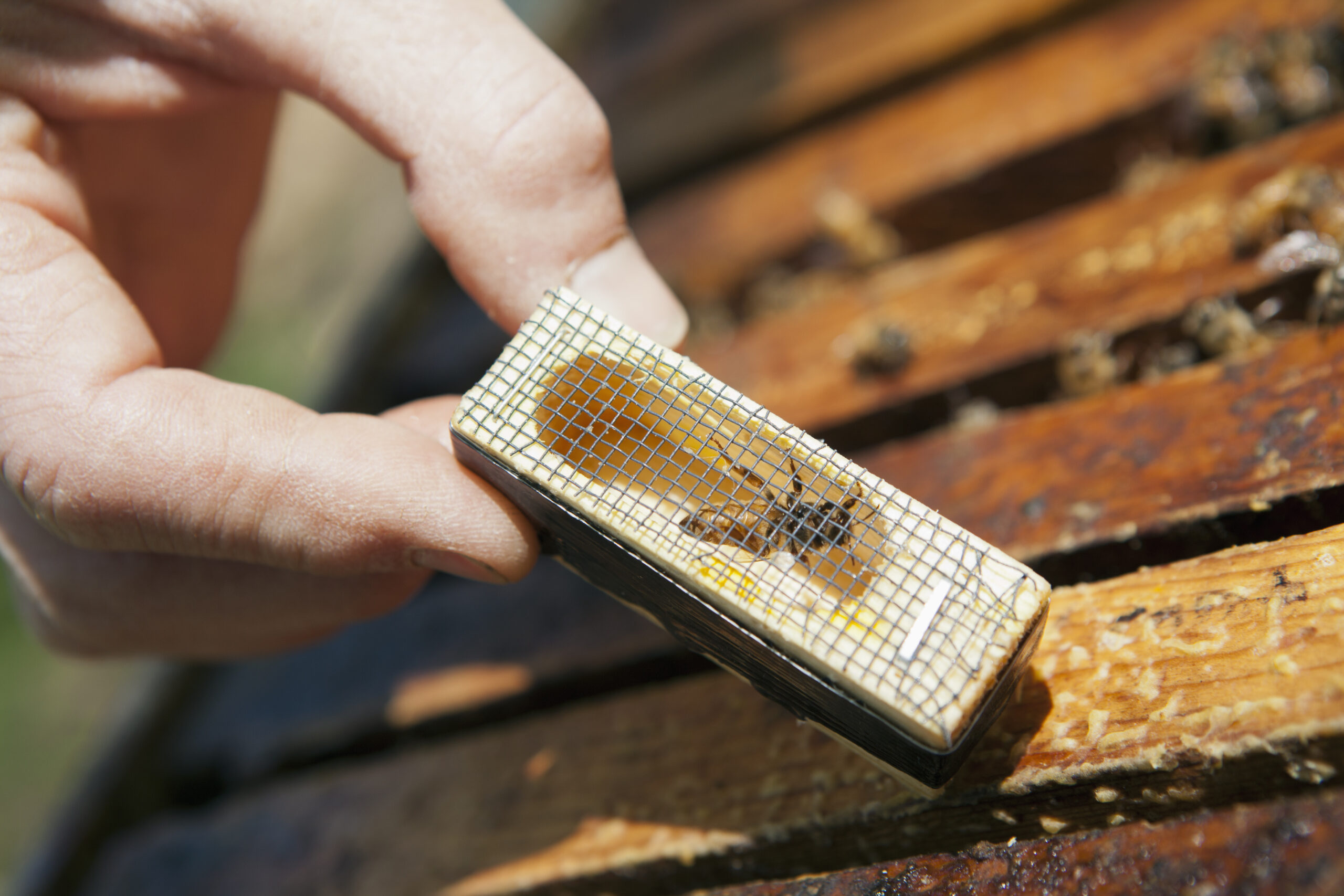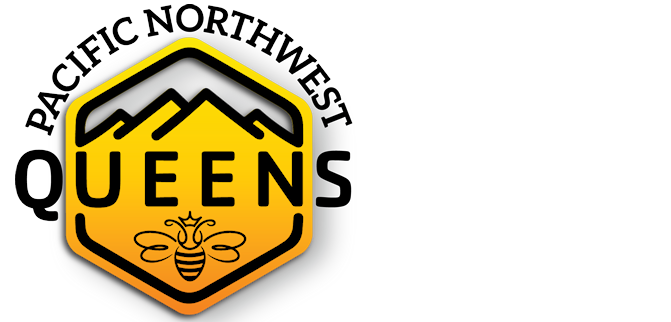Benefit
The practice of queen rearing plays a vital role in the conservation and proliferation of honeybee populations worldwide.
Enhance
A selective queen rearing program optimize the breeding of quality queen traits that enhances the honeybee colony productivity.
Enviroment
To maintain a strong robust honeybee environment, queens must be bred within an area that is saturated with non-related Drones to ensure that cross breeding does not occur.
Sustainability
Queen rearing serves as a pivotal method for advancing beekeeping practices, contributing to colony strength and sustainability.

Why is hygienic behavior Important ?
Hygienic behavior in honeybee colonies plays an important role in controlling Varroa mites and the viruses they transmit. These behaviors can have a positive effect in reducing brood diseases such as chalk brood, and American and European foul brood. While these traits are not very common and cannot be learned, they are naturally inherited and are found to be present in some colonies by testing.
How do we test for these traits?
We conduct a series of tests to accurately predict how well a colony is able to manage and mitigate the mite load within the hive using hygienic behavior. We are able to perform this test because brood that is stressed from mites or viruses admits a special pheromone. The nurse bees that possess these Hygienic behavior traits detect the pheromone, uncap and remove the stressed brood from the cell. We graft and reproduce queens from colonies that have these traits.
Our Services
What we do
Our Queens
As Pacific Northwest breeders our queens originate from a F2 Carnolian and F4 Caucasian breeder queen. These queens are gentle to work with, over-winter well, build-up rapidly in the spring, possess hygienic behavior, and good honey production. While these queens do very well in the PNW these queens possess the quality traits sought after in the PNW and the rest of the U.S.A.

Lorem ipsum dolor
From Our Blog
Etiam bibendum elit eget erat. In convallis. Ut enim ad minim veniam, quis nostrud exercitation ullamco laboris nisi ut aliquip ex ea commodo consequat.
